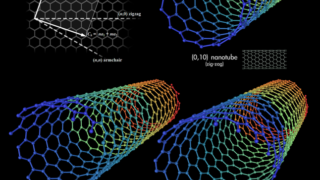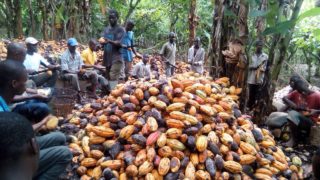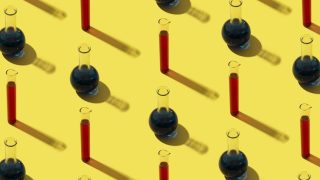
Carbon nanotubes as shields to enhance photocatalysis
We live in a time when scientific applications are growing by leaps and bounds. This exponential growth has been possible, among other tools, thanks to the application of nanotechnology. There is something that nanotechnology has taught us: In science, size matters. When studying matter at nanometric levels, we find that the properties are completely different […]








